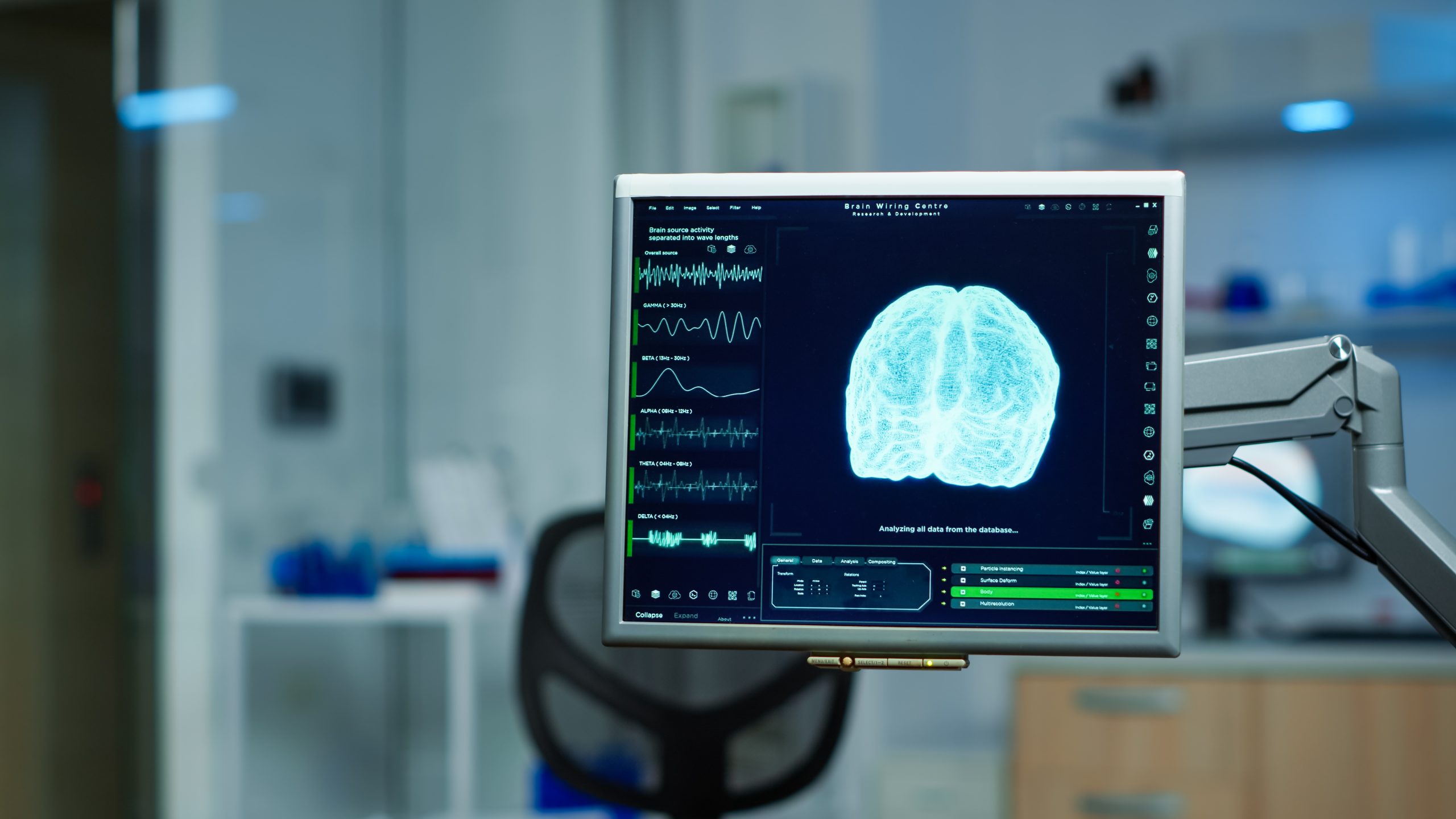

The results of almost 1,600 individuals with a first episode of psychosis who had undergone an MRI brain scan were analyzed by researchers led by Dr Graham Blackman and Professor Philip McGuire at the University of Oxford.
They discovered that approximately 6% of patients had a scan abnormality, which resulted in a new diagnosis or a change in their therapeutic management.
Dr Blackman, an NIHR (National Institute for Health and Care Research) Clinical Lecturer at the University, says:“Patients presenting with psychosis may have another physical illness or condition causing their symptoms that can be identified using MRI scanning. A failure to detect these causes at an early stage can have serious consequences, such as a delay in providing the appropriate treatment.”
“Our findings suggest that MRI scans should be considered as part of the initial assessment of all people with first-episode psychosis to ensure that they get the right diagnosis and the right treatment.”
Although performing a brain scan on new patients with psychosis is considered best practice, it is not required. Previously, a NICE Technology Appraisal was unable to suggest scanning in all patients since it was unclear at the time how common clinically important brain abnormalities are in persons with first-episode psychosis.
Prof McGuire added: “We feel that this study addresses a critical knowledge gap in this area by showing that clinically relevant abnormalities occur frequently enough to justify making MRI scanning a routine part of the assessment of people presenting with psychosis for the first time. This new evidence has important implications for clinical care in psychosis and a review of the NICE guidance in this area would be helpful.”
more recommended stories
 Red Blood Cells Improve Glucose Tolerance Under Hypoxia
Red Blood Cells Improve Glucose Tolerance Under HypoxiaKey Takeaways for Clinicians Chronic hypoxia.
 Nanoplastics in Brain Tissue and Neurological Risk
Nanoplastics in Brain Tissue and Neurological RiskKey Takeaways for HCPs Nanoplastics are.
 AI Predicts Chronic GVHD Risk After Stem Cell Transplant
AI Predicts Chronic GVHD Risk After Stem Cell TransplantKey Takeaways A new AI-driven tool,.
 Red Meat Consumption Linked to Higher Diabetes Odds
Red Meat Consumption Linked to Higher Diabetes OddsKey Takeaways Higher intake of total,.
 Pediatric Crohn’s Disease Microbial Signature Identified
Pediatric Crohn’s Disease Microbial Signature IdentifiedKey Points at a Glance NYU.
 Nanovaccine Design Boosts Immune Attack on HPV Tumors
Nanovaccine Design Boosts Immune Attack on HPV TumorsKey Highlights Reconfiguring peptide orientation significantly.
 High-Fat Diets Cause Damage to Metabolic Health
High-Fat Diets Cause Damage to Metabolic HealthKey Points Takeaways High-fat and ketogenic.
 Acute Ischemic Stroke: New Evidence for Neuroprotection
Acute Ischemic Stroke: New Evidence for NeuroprotectionKey Highlights A Phase III clinical.
 Statins Rarely Cause Side Effects, Large Trials Show
Statins Rarely Cause Side Effects, Large Trials ShowKey Points at a Glance Large.
 Anxiety Reduction and Emotional Support on Social Media
Anxiety Reduction and Emotional Support on Social MediaKey Summary Anxiety commonly begins in.

Leave a Comment